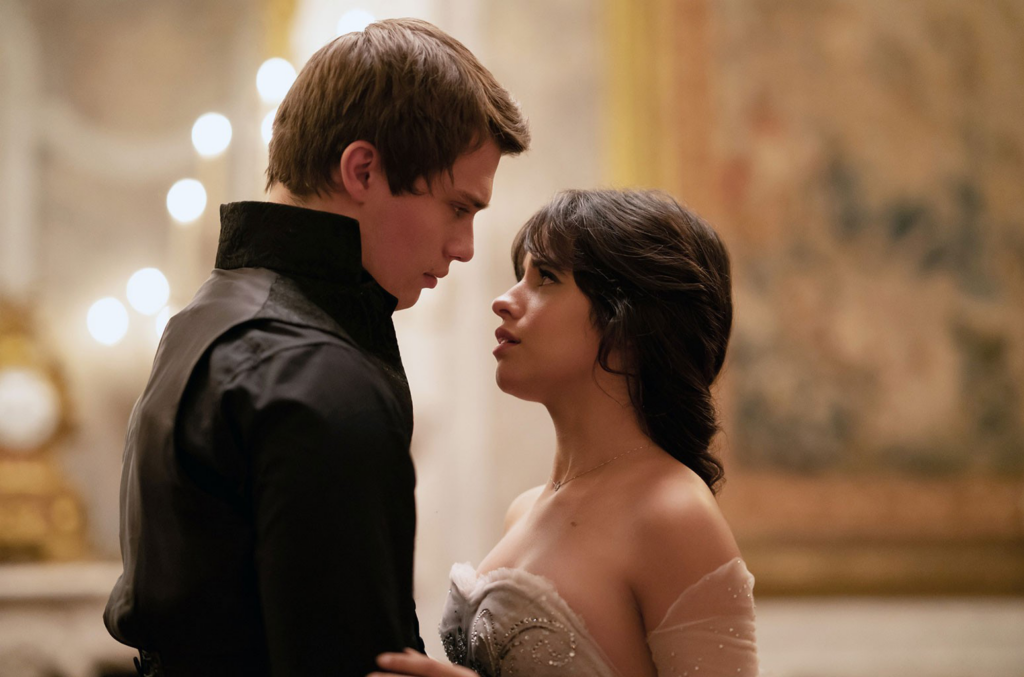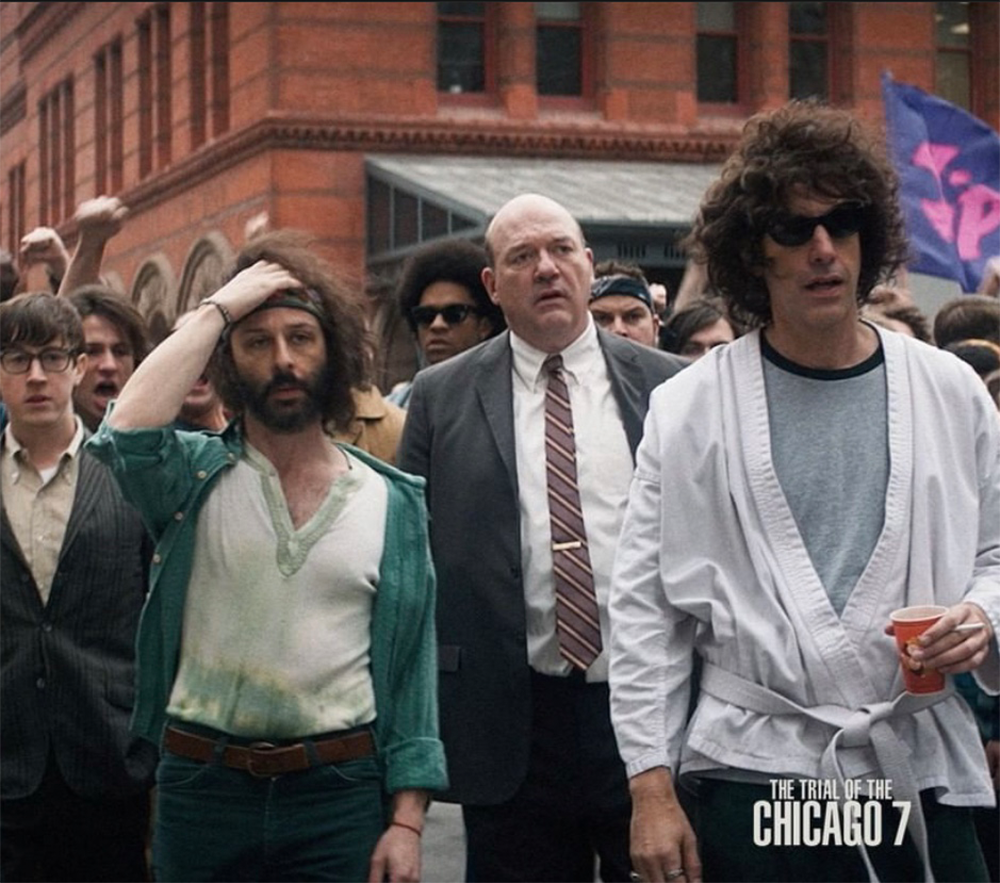★★★★☆
Sharing his story in “Midnight Traveler,” director Hassan Fazili, an Afghan filmmaker, captures the uncertain and dangerous journey of his family members as they fled their homeland to seek asylum in a foreign country. The powerful storytelling sheds light on important issues facing migrant refugees, even if the documentary occasionally feels rushed.
The movie presents a striking autobiographical tale of migration, depicting a family’s challenging pilgrimage toward asylum in the European Union. The effective, vulnerable and personal narration frames all of the film’s events beautifully. Despite these strengths, the film’s rushed ending leaves the story hanging without providing answers to important questions about the family’s fate after their trek.
The movie starts with Fazili and his family hastily packing their necessities and belongings after the Taliban has put a bounty on Fazili’s head, preparing to on their 3,500-mile journey to Europe to seek asylum and escape the dangers of their home country of Afghanistan. This expedition, however, presents innumerable challenges, as they constantly face discrimination and violence from foreigners during their stays at refugee camps and travels as asylum-seekers.
The entire film showcases a first-person perspective of the family’s departure. Fazili and his family use three mobile phones to capture the entire movie. Either Fazili, his wife Nargis or his daughter Zahra uses a phone for the entirety of their journey to share each member’s viewpoint.
This perspective provides a detailed and extremely intimate portrayal of what it feels like for a typical family forced to leave home in the hope of starting a better life in completely foreign territory. The emotional intensity of the camerawork overshadows the technical quality of the cinematography, which, while not beautifully shot, highlights the real qualities of the work.

Having at least one of the family members film the entire movie allowed each member to talk more openly and explicitly about the difficulties and joys each person endured, making the film as accessible and grounded as it could be in depicting the journey of a family seeking asylum.
Each obstacle the family must get through features narration by one of the family members. This choice effectively enables the audience to gain a strong grasp of the diverse array of emotional complications each family member went through at various points in the film, which prevents the migrant experience even within a single family to come off as monolithic.
When either Hassan or Nargis narrated, each usually talked about how much they want to get their family into a secure place after being on the road for such a long time and distance. When Zahra narrated, however, she mostly talked about how each day, either at the refugee camps or in a car traveling across the desert, presented yet another new experience for her and how desperately she longed for a permanent home and stability.
Zahra’s narrative evocatively communicates the fear and anxiety that come with migrating against all odds, and her brave honesty gives the film an even stronger emotional gravitas than the family’s story wields at face value.
The film ends with the Fazili family’s story, using title cards to describe the elongated documentation process toward potentially gaining asylum, as well as the uncertainties the family still might face in a new environment.
However, Nargis mentioned earlier in the film that gaining asylum after arriving in a country can be just as difficult as getting to that country itself. It would have been more effective if the film had dedicated more scenes toward the end to document the actual process of gaining asylum once the family arrived in Europe. This choice would have fleshed out the audience’s sense of just how difficult it is for families not only to flee their homes, but also to start an entirely new life once the initial journey is over.
“Midnight Traveler” is a powerful movie that will leave its viewers deeply affected by the first-person description of a family’s journey toward asylum. The film is a refreshing story of one family’s struggle that gives a renewed sense of urgency to finding humane, ethical ways to welcome migrants fleeing violence across the globe.




















